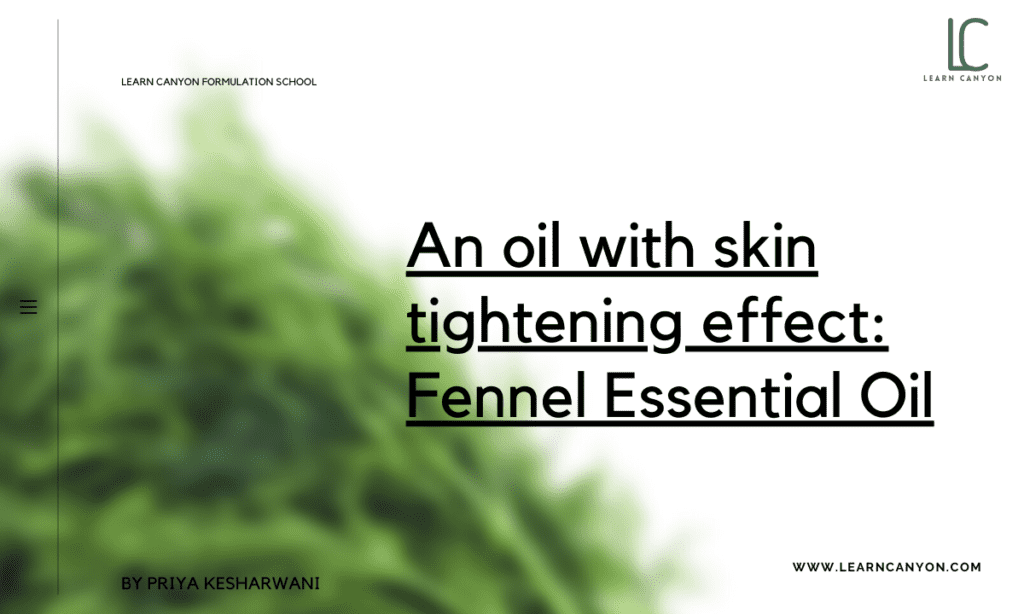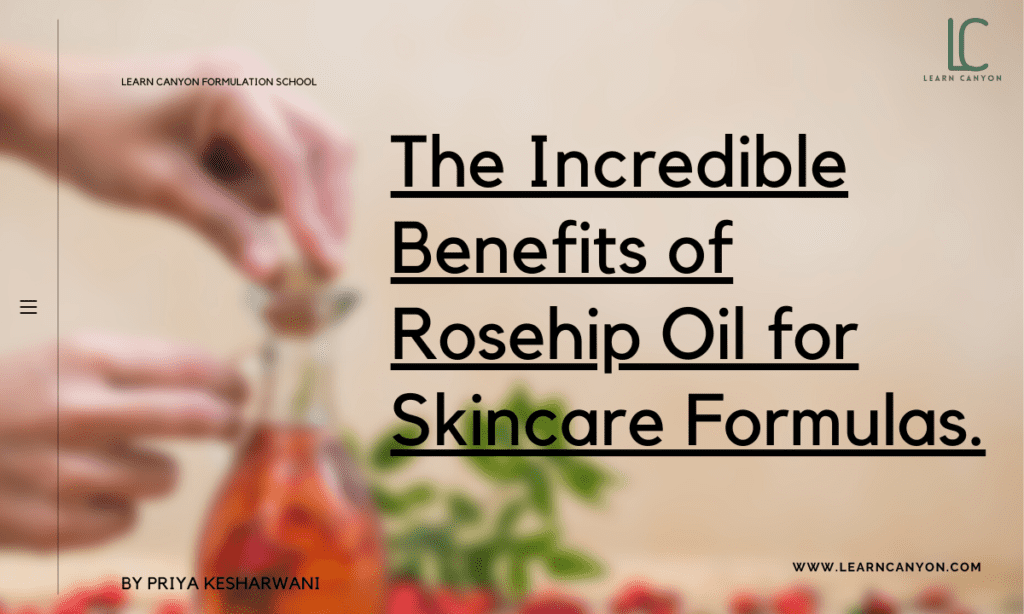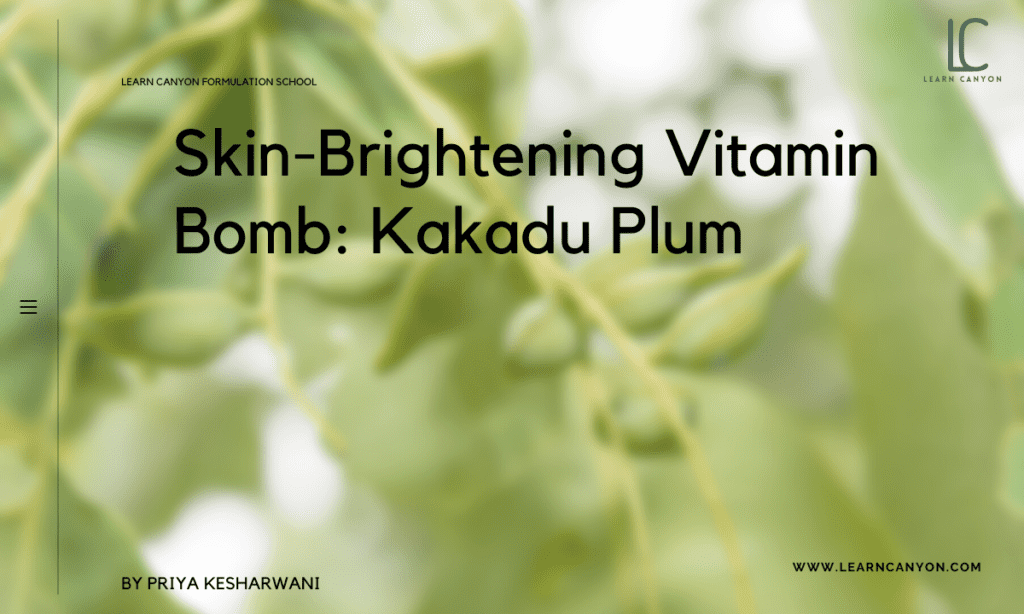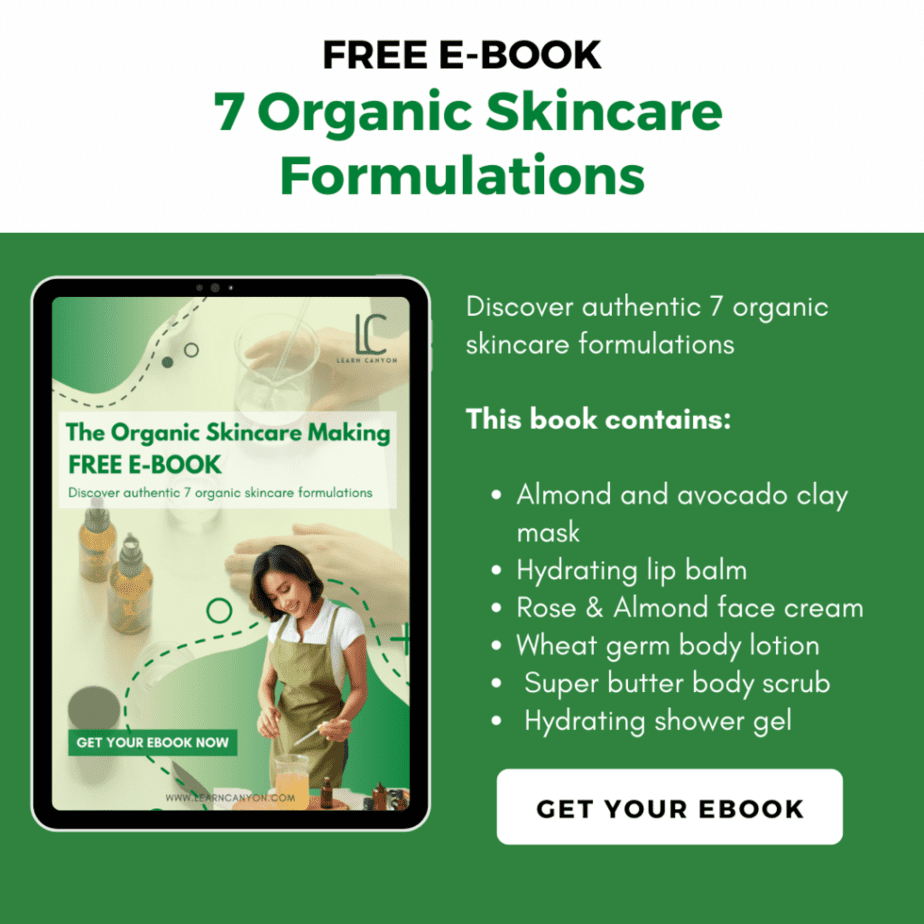
Fennel sweet seed (Foeniculum vulgare) essential oil

Organic fennel essential oil has a skin-tightening effect.
Fennel seeds, also known as saunf, are a fragrant herb from the parsley family that we often eat at the conclusion of a meal to refresh our tongue.
Fennel seeds, on the other hand, are high in copper, potassium, calcium, zinc, manganese, and iron, which many people are unaware of. Antioxidants abound in them. Its soothing and restorative characteristics make it an excellent addition to any skincare routine.
Acne, cell damage, dark spots, and wrinkles can all be avoided by including fennel seeds in your beauty routine. Let’s go over how to work with skin and hair in greater detail.
What is Fennel - sweet seed essential oil?
The seeds of Foeniculum vulgare Mill. Subsp. vulgare var. dulce, a plant in the Apiaceae family, are used to make sweet fennel essential oil. Fennel is a perennial plant that originated in the Mediterranean but is now grown all over the world.
The fennel plant, which can grow up to 2 metres tall and has beautiful leaves and large golden-yellow flowers, is difficult to overlook. Steam distillation is used to extract the aromatic Fennel Oil from crushed fennel seeds.
The seeds are gathered just as they are about to mature and then dried for 3 or 4 days. The seeds are dried, crushed to liberate the essential oil, and then poured into the still right away to avoid evaporation.
Steam distillation produces a very pale straw-coloured essential oil with a sweet, slightly peppery-spicy fragrance and earthy back notes that smells like liquorice and aniseed.
| What is it? | Steam distillation is used to obtain fennel oil from crushed seeds. |
|---|---|
| INCI | Foeniculum vulgare |
| Appearance | Pale yellow to brownish-yellow in colour |
| Texture | light to medium consistency. |
| Recommended Usage | 1-10% |
| Solubility | Insoluble |
| Melting point | 5 °C(lit.) |
| Boiling point | NA |
| pH | NA |
| Aroma | Earthy |
| Why do we include it in formulations? | Antioxidants and antibacterial properties are beneficial. |
| How to work with it? | Incorporate during the formulation's cooling down step. |
| Applications | As it heals acne and makes your skin look smooth and shining, providing numerous vitamins assists in enhancing the general texture of the skin. |
| Absorption rate | Fast |
| Strength | A spicy note reminiscent of pepper, with an earthy undertone |
| Weaknesses | Irritation and burning: Before applying oils to the skin, dilute them with a carrier oil. |
| Substitution | Angelica Seed, Dill, Coriander, or Thyme. |
| How to store it? | Place in a cold, dark, and dry place. |
| Shelf life | The essential oil of fennel seed lasts for at least two years. |
| Type of ingredient | Essential oil |
|---|---|
| Main benefits | Fennel seed oil, which contains anti-inflammatory ingredients, can tone and hydrate your skin |
| Who should use it | Can help with cellulite and skin sagging, as well as dull, weary skin. |
| How often can you use it? | Apply on a regular basis. |
| Works well with | It complements other oils and oil-based products nicely. |
| Doesn't work with | Because it can be drying, it's best not to use it with alcohol-based products. |
| How to use | This component should be added after the mixture has cooled |
Mechanisms of action
Flavonoids are a type of antioxidant that is widely recognised in the human diet. Flavonoids are widespread in the Apiaceae family of plants. The presence of flavonol glycosides in fennel species has been linked to morphological variability and diversity, according to research.
Flavonoids are bioactive phytochemicals that have been shown to protect the skin from inflammation and photoaging. Because of their low diffusion over the skin, both penetrants were useful for focused cutaneous therapy.
The absorption of topically administered aglycones was often higher than that of glycosides.Certain flavonoids in plants absorb UV radiation (especially UV-B radiation) safely, preventing UV harm to nearby cells.
Flavonoids are also ‘antioxidants,’ meaning they sweep up (or ‘scavenge’) harmful reactive oxygen species’ molecules and lower their amount. Finally, flavonoids may aid in the repair of DNA that has been damaged.
Flavonoids may prevent sunburn, ageing, carcinogenic alterations, and other skin damage caused by UV light when applied to human skin, based on their protective properties in plants.
Benefits of Fennel - sweet seed essential oil
- Fennel Oil contains significant anti-inflammatory ingredients that, when applied topically, can work wonders for your skin. Fennel Oil can assist to soothe and relax your skin, making it look healthier and happier, whether it’s a bloated complexion, under-eye bags, or even rosacea.
- Fennel Essential Oil lifts the skin, minimising pores and evening out flaws, thanks to active ingredients including anethol, limonene, and chavicol.
- Fennel Oil, which is high in’ super-antioxidants,’ interacts with the epidermis to strengthen, protect, and re-energize skin in the face of environmental stresses including UV rays, toxins, and pollution, all of which contribute to the formation of flaws and premature skin ageing. Its powerful ingredients shield the skin from free radicals and provide the ideal environment for it to develop and mend.
Side effects of Fennel seed essential oil
It’s critical to reap the advantages of essential oils while remaining safe and responsible with their application.
Fennel is typically considered to be safe and non-irritating, but the volatile oil of fennel is also thought to be harmless.
However, it is not recommended for pregnant women or children under the age of five, as it may interfere with oestrogen levels.
How to use it in formulation?
It promotes skin microcirculation, which aids in the faster elimination of toxins. The presence of numerous terpenes or triterpenes in essential oil/extract rejuvenates the skin.
Lotions, toners, bath products, and eye serums all contain the oil and extract. To minimise any skin irritation, dilute 3-4 drops with any carrier oil of your choice or your preferred moisturiser and apply to the desired region. During the cooling down step of the formulation, always add essential oils.
Works well with other ingredients
Black pepper, cardamon, cedarwood virginian, geranium, grapefruit, jasmine, juniper berry, lavender, lemon, palmarosa, pine, rose, rosemary, and sandalwood are just a few of the essential oils that blend well with sweet fennel essential oil.




